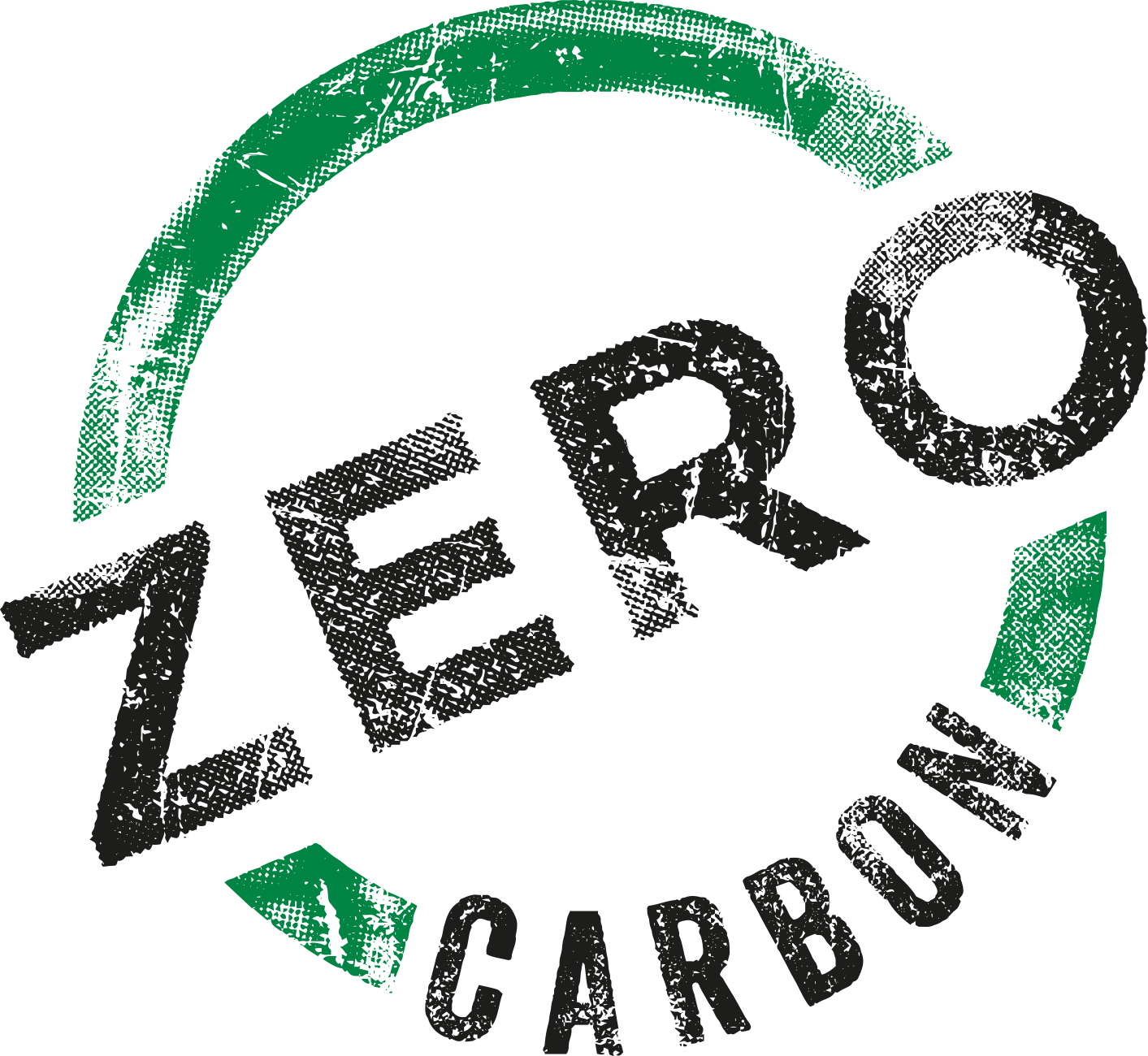Article: When polluters pay
Dodge the carbon pricing challenge and nothing will get us to net zero. Solve it, and anything is possible
Gavin drives electric because it’s cheaper than petrol (much cheaper). Alice’s employer is now one of the big six energy suppliers because wind power is cheaper than oil or gas (much cheaper). And Dina doesn’t mind doing her taxes because the new “citizen dividend” generated by the drive to net zero means she always comes out ahead.
Behind all these small but life-changing developments in the world of 2030 lies one big one: CO2 emissions at last have a price that reflects their impact on the biosphere, and emitters pay it.
Proper carbon pricing incentivises good climate behaviour and disincentivises bad. As Dieter Helm writes in his new book, Net Zero: How We Stop Causing Climate Change, “It is hard to imagine any coherent decarbonisation strategy without a price of carbon at its core. If something is not priced, the pollution it causes is not taken seriously in everyday decisions by governments, companies and individuals.”
So how should carbon be priced? The most straightforward and least controversial method available to the UK or any government is a sector-specific carbon tax to nudge consumers away from carbon-heavy products. This is what economists would call a Pigouvian tax model and it’s been used to great effect already with taxes on sugar, tobacco and booze.
